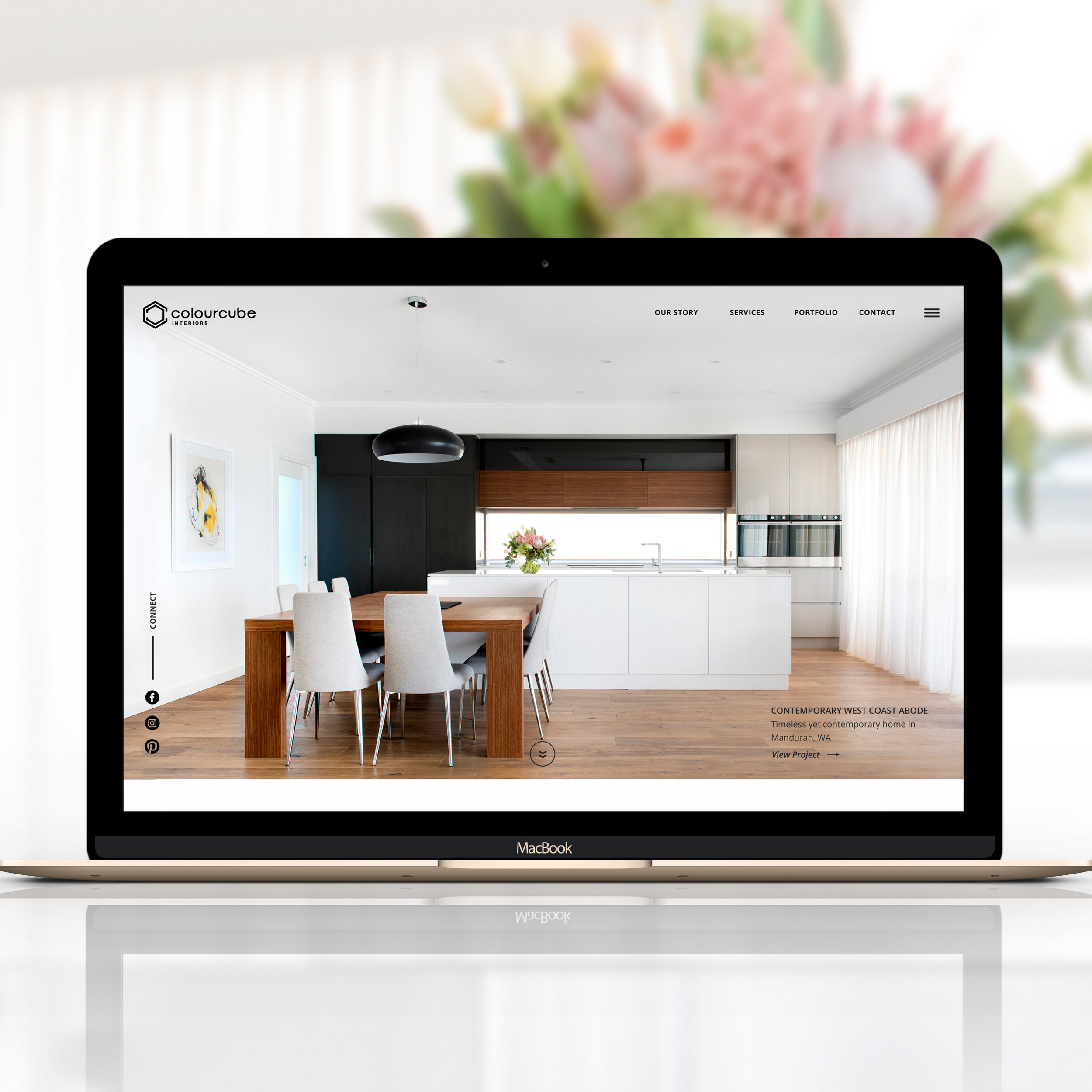People are the foundation of any business. The most successful business entrepreneurs are those who better understand people’s needs and provide solutions to them. So us, small business owners know that our success depends a lot on our capacity to build long-lasting and positive relationships with different groups of interest.
Building relationships requires time, effort and a mutual benefit for each part. As in any relationship, you must be willing to give, share and support, not just take or receive.
In today’s post I’m sharing some of my best practises to build relationships and how they impact on my business.
Who are those groups of interest
1. Clients. Most small business owners find it easier to sell a new product or service to an existing client than finding a new one. For this reason, keeping in touch with my clients after delivering a project is one of the priorities in my agenda.
Also a happy client can become a referral. There is nothing I love more than someone contacting me and saying “Hi Rosa… { name of a previous client } has referred me to you to build my new brand or design my new website...” My clients are the most powerful marketing strategy to get new jobs, by word-of-mouth. Meeting and exceeding expectations and staying in touch on a regular basis quite often brings repeat business and new clients.
2. Suppliers. Good vendor relationships will carry you through challenging times or tight deadlines. As they’re also part of my business industry, they are quite often connected to many potential clients and can also refer some work to me.
Employees and business partners also come into this group. I think the main reason why I’ve seen many small businesses to fail has been due to internal issues between business partners.
3. Local community. People who are geographically close to your business could be your best potential clients. Local businesses with a similar target audience, but not competitors, usually offer great joint venture opportunities. For example, if you have a sports clothing store, you can offer exclusive discounts for members of local gyms.
4. Media and bloggers. They may not be your target market or potential clients but they can be excellent influencers. Research has demonstrated that 81% of blog readers trust the advice given by their favourite blogs, and 61% of them made a purchase based on a blogger’s recommendation*.
Getting interest or attention from this group can be challenging as their mailboxes are always saturated with press releases and feature requests. I found the best way to approach to bloggers is by giving a product for free to write a review on it or hiring them to write sponsored content on your brand and products.
5. Competitors. Sharing information, struggles, resources and best practices with other industry fellows can also be a very important factor to build success.
A few years ago, I used to attend industry events, join professional organisations and even be part of their committees. Now I’m a mum and don’t have as much time as I used to before having my baby, I found that a simple coffee with other creative entrepreneurial mums with similar businesses in the area is the best networking activity that I can do on a weekly basis.
I'm honestly surprised by the amount of emails that I get everyday from web design and seo companies asking me if I want to partner with them and outsource some projects. I feel as if someone just sent me an email asking me to marry him and I don't even know that person. I prefer a slower business approach that allows my potential clients and myself to get to know each other and ensure we'll make a fantastic team.
Three ways to build business relationships
1. Social Media
Social media is designed to help people build relationships of any kind, and almost every business uses these platforms for that purpose. People make friends, fall in love and stay in touch with long-distance friends and family members through social media channels. Why can't clients fall in love with your brand or your products through those channels too? They certainly can.
When you have different social media channels you can use each of them to connect with a different group. For example, I found Facebook and Instagram great channels to connect with clients and prospects, Twitter is great to build relationships with suppliers, Pinterest is excellent to be found by bloggers and LinkedIn perfect to connect with industry fellows.
2. Events
Social media is an easy way to connect with your audience but it's not even close to having a face-to-face conversation with someone. An event can offer the perfect opportunity to build relationships with any of the groups mentioned above by meeting and talking to people face-to-face in a relaxed context and friendly environment.
In this other post I offer some event marketing tips for promoting local businesses.
3. Relationship-oriented websites
Yes, that’s right, your website can also be a great opportunity to start long-lasting relationship with potential clients if it’s being properly designed and oriented to build those relationships.
To design a relationship-oriented website I try to think about what my clients would do if it was an event: people come into the venue – your website –, you meet and greet them and introduce yourself – your about page – , then you offer free refreshments – downloadables, discount coupons, free advise and tips – and start different conversations with your guests - that can be done through your contact page or your blog comments - . And finally you get their business cards for future communications while in your website you can collect contact details through a sign-up form to stay in touch.
This other article on relationship marketing by Sharon Fling published on Business Know-how offers some more useful tips to use your website and email to build long-lasting relationships with your market.
* Source: Quicksprout, How To Develop A Solid Blog Outreach Strategy



















The revamping of the Oh Flossy play make-up boxes came with a clear brief to create attractive and engaging packaging designs to capture the attention of children as well as their parents. The project goals were well-defined and the result would delight customers and pour great reviews.